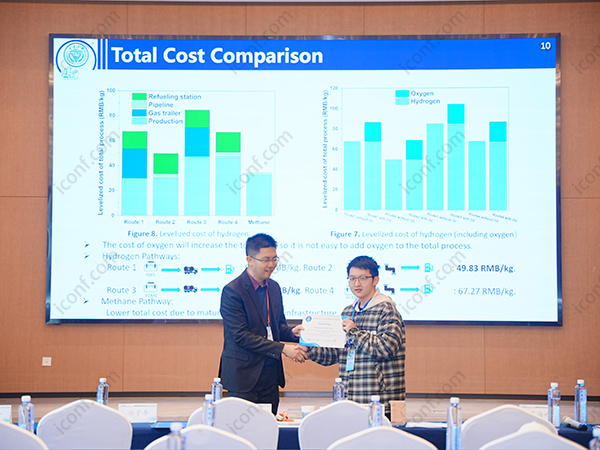

608 views||Release time: Jul 23, 2025
Many early-career researchers and graduate students wonder if presenting a paper at a conference equates to having their work officially published. The short answer is: yes, conference papers are a form of publication—but with important nuances depending on the context, the indexing, and the academic expectations of your field.

When a conference paper is accepted and included in the conference proceedings, it is generally considered a formal academic publication. These proceedings are often assigned an ISBN or ISSN and are published by recognized publishers. If the proceedings are indexed in databases like EI, Scopus, or Web of Science (CPCI), the paper gains wider visibility and official recognition.
Although considered published, conference papers are usually shorter, more preliminary, and reviewed under tighter time constraints compared to journal articles. In many academic systems:
Conference papers are recognized but may carry less weight than peer-reviewed journal publications.
In computer science and engineering, top-tier conferences are highly prestigious and sometimes even preferred over journals.
Oral or Poster Presentations without Proceedings: If your paper is only presented but not included in the published proceedings, it may not be considered a publication.
Indexed Proceedings: If your paper is published in indexed proceedings (e.g., IEEE, Springer, Elsevier), it does count as a publication, and you can list it on your academic CV.
Institutions and funding bodies often consider conference publications as valid research output, especially if they are indexed and published by reputable sources. However, the weight given to conference vs. journal papers can vary by discipline and region.
In conclusion, conference papers do qualify as published research when included in formal, indexed proceedings. They serve as an essential platform for disseminating new ideas and gaining academic exposure. To find high-quality conferences that lead to meaningful publications, explore trusted academic resources like iconf.com.